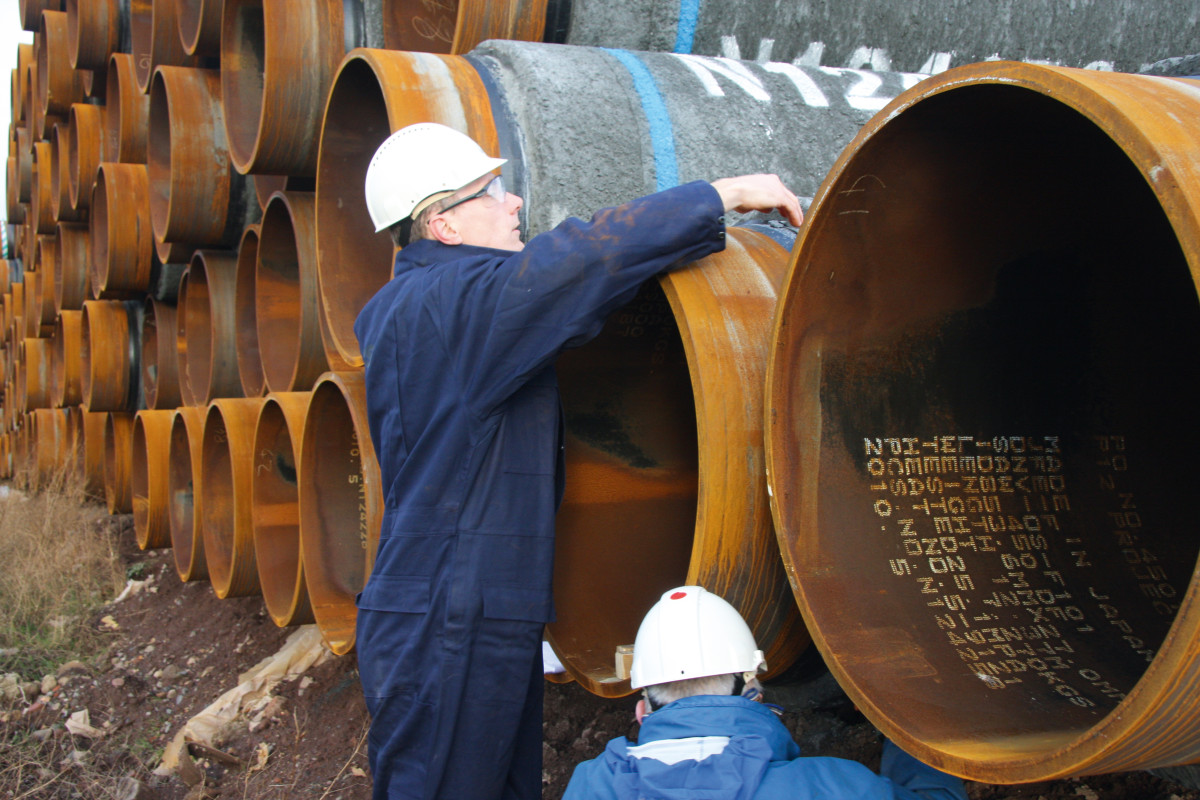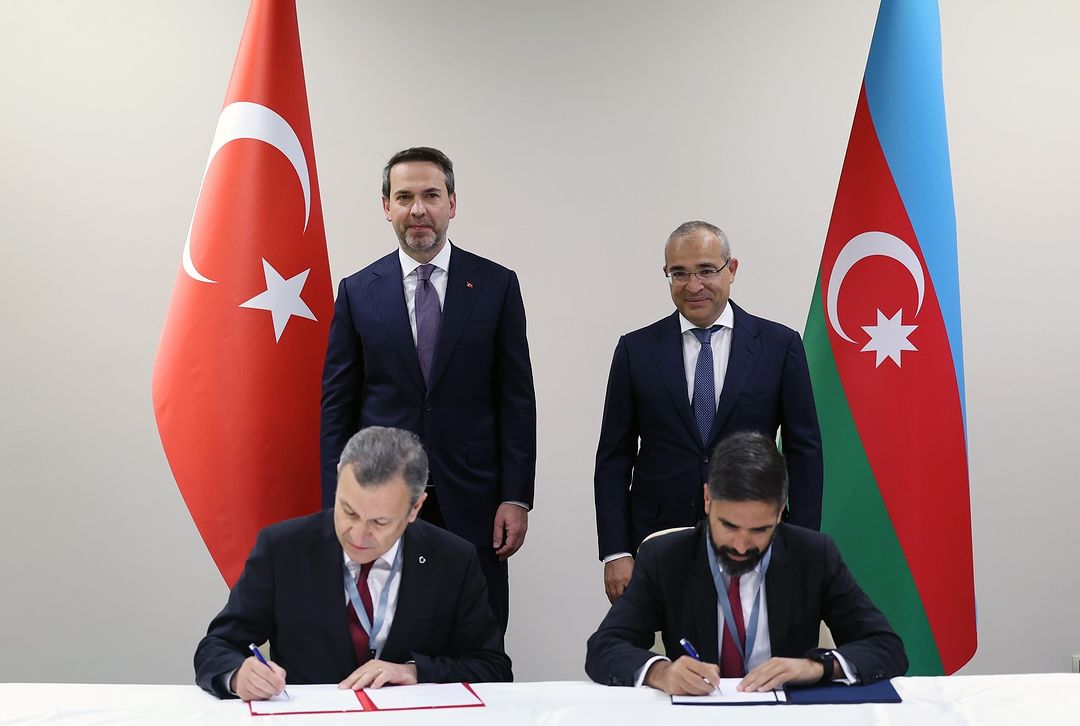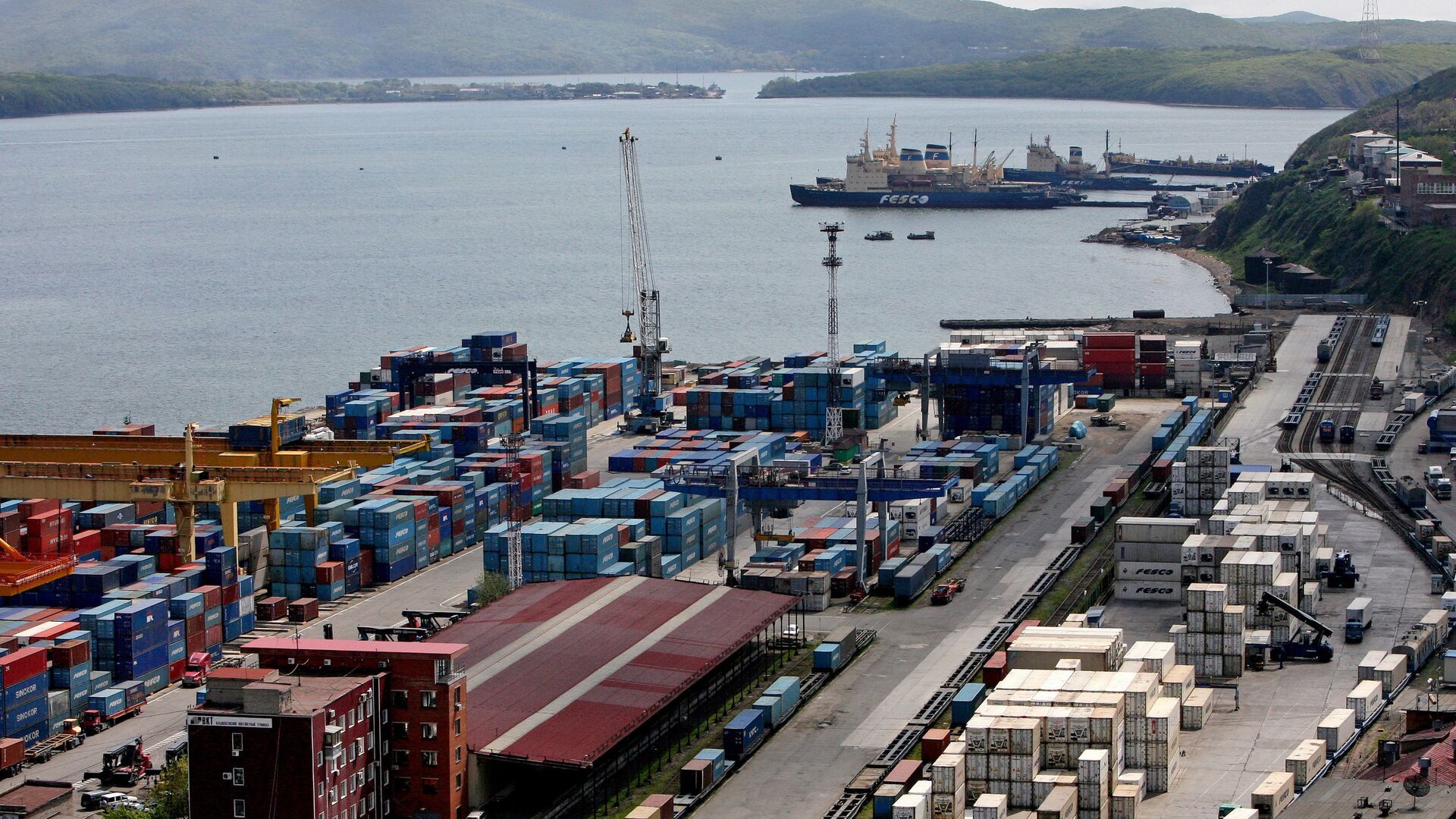
Italian Delays in TAP’s Construction Weaken the EU and Russia Alike
Italian Delays in TAP’s Construction Weaken the EU and Russia Alike
Political infighting and bureaucratic red tape in Italy are jeopardizing the realization of the Trans-Adriatic Pipeline (TAP), the westernmost segment of a wider energy corridor to bring Azerbaijani natural gas to Southeastern Europe. In turn, these problems are frustrating Rome’s efforts to establish a Mediterranean gas hub on the Italian peninsula (see EDM, September 16, 2015). Delays in the conduit work also negatively affect the energy security strategy of the European Union, likely delighting Russia, the Old Continent’s top gas supplier. But looking at the root causes of TAP’s current setbacks, the Kremlin is in no position to cry victory.
TAP is the final leg of the EU-backed Southern Gas Corridor (SGC) initiative, a system of conduits designed to link Azerbaijan’s Shah Deniz II offshore gas field and Italy’s southern region of Apulia, via Georgia, Turkey, Greece and Albania. The South Caucasus Pipeline (SCP) and the Trans-Anatolian Natural Gas Pipeline (TANAP) are part of the SGC network as well. The SCP has been online since 2006 and pipes Azerbaijani gas to the Georgian-Turkish border; TANAP remains under construction and is planned to connect the SCP with TAP at the Turkish-Greek border by 2018 (see EDM, February 22).
TAP is expected to carry 10 billion cubic meters (bcm) of Azerbaijani offshore gas to Apulia by 2020, with the prospect of doubling supplies down the line and branching off in the Balkans through the Ionian Adriatic Pipeline (IAP) and the Interconnector Greece-Bulgaria. Italy’s state-controlled energy company SNAM, which manages the country’s gas grid, has a 20 percent stake in the TAP consortium, alongside the State Oil Company of the Azerbaijani Republic (SOCAR) and the United Kingdom’s BP. The government of Prime Minister Matteo Renzi has explicitly sided with the TAP consortium in order to overcome resistance to the project from Apulia’s regional government and local communities (Reuters Italia, October 4).
Apulia’s governor, Michele Emiliano, though a member of Renzi’s Democratic Party, remains opposed to TAP in its current form, accusing the Cabinet in Rome of carrying out the project without the region’s preliminary consent and thus in violation of the country’s constitution. Backed by local municipalities and environmental organizations, the outspoken Emiliano has questioned the legality of the central government’s authorization to develop the pipeline. Instead, he promotes an alternative landfall for TAP—the Apulian port city of Brindisi, where there is already an available connection to the national gas grid (Quotidiano di Puglia, February 19). Emiliano’s battle against Renzi’s administration over TAP overlaps with a constitutional dispute between Italy’s central institutions and the country’s regional governments. Italian regions aim to maintain their powers over environmental and energy issues, while Renzi’s Cabinet is trying to reclaim them. A constitutional referendum slated for December 4 will decide this issue.
Meanwhile, the municipality of Melendugno—a small resort town on the Adriatic coast, where the pipeline’s offshore section is planned to come ashore—as well as local farmers are standing up against the initiative. According to current project plans, TAP will be linked to the SNAM-managed Italina gas network via a 55-kilometer onshore pipeline to Brindisi. Public and private stakeholders in the area fear that this construction work will have an adverse environmental impact and damage traditional cultivation practices—thus threatening the area’s tourism and agricultural sectors. Apulia is a renowned tourist destination and Italy’s biggest olive oil producer (Repubblica.it, October 3).
Continuing quarrels over TAP are leaving Rome’s energy policy in shambles, something that cannot but worry the EU. Brussels, in fact, looks favorably on TAP, as it could help reduce Europe’s gas dependency on Russia. According to the Russian state-run gas monopoly Gazprom, the continent’s reliance on Russian natural gas is on the rise (in 2015, Russia delivered 158.6 bcm to European countries outside the former Soviet Union, compared to 146.6 bcm the year before). And this increase happened despite the ongoing spat between the European bloc and the Kremlin over the latter’s armed intervention in Ukraine (Gazpromexport.ru, accessed October 18).
Rome’s partners in the TAP venture are taking precautions to protect their business against persistent Italian delays. If Italy will not comply with its obligations, then TAP could take on a different shape. One option is for Albania to replace the Italian peninsula as the pipeline’s end point, with the IAP transporting Azerbaijani gas through Montenegro, Bosnia-Herzegovina, Croatia and onward to Central and Northern Europe (Il Sole24Ore, September 14).
On October 13, in a veiled warning to Rome, Azerbaijan’s Energy Minister Natig Aliyev stated that the timely implementation of the deal is fundamental and that defaulting parties would be fined. Now it is up to Italy to determine whether the IAP will be a complementary route to the Italian south–north gas passageway or its alternative (Trend.az, October 13).
The Renzi government’s ambitious plans to turn the Italian peninsula into a key transit point for large-scale natural gas flows passing through the Mediterranean region have already been undercut by two important developments: First, Moscow scrapped South Stream, a Gazprom-led initiative to pipe Russian gas from the Black Sea coast to southern Europe by skirting Ukraine. In one of its iterations, South Stream would have fed into the Italian pipeline network. But the Kremlin abandoned this proposed project at the end of 2014 in favor of the now-revived Turkish Stream, which would terminate at the Turkish-Greek border (see EDM, August 2). Second, Gazprom intends to double Nord Stream, a gas pipeline running under the Baltic Sea that connects Vyborg, Russia, with Greifswald, on German soil. The so-called Nord Stream Two is supported by Berlin, which itself is interested in Germany becoming the main energy hub on the European continent for gas flowing from Russian territory (see EDM, September 15, 2015).
Now, TAP’s delays are further weakening the energy (and by extension geopolitical) strategy of the Italian prime minister. This is bad news for advocates of less EU dependence on Russia’s gas supply, but also for Moscow. In fact, the Kremlin will not be able to boost its European gas exports along the southern route without the development of an Italian onshore gas corridor from south to north. Specifically, the Kremlin plans to use the competing ITGI-Poseidon pipeline project to carry Russian gas across the Black Sea to Apulia through Turkey and Greece along a route similar to TAP. And if the particularities of Italian domestic politics sink TAP, the Kremlin’s plan to use ITGI-Poseidon will almost certainly face the same uncertainties.


